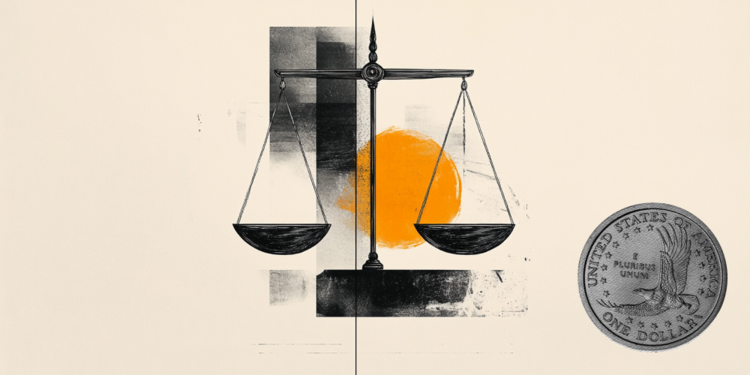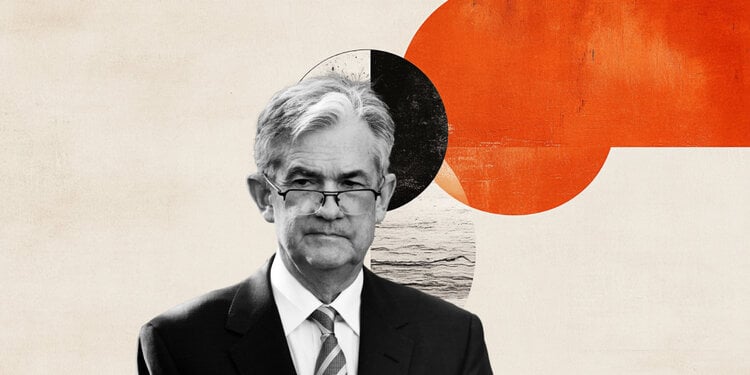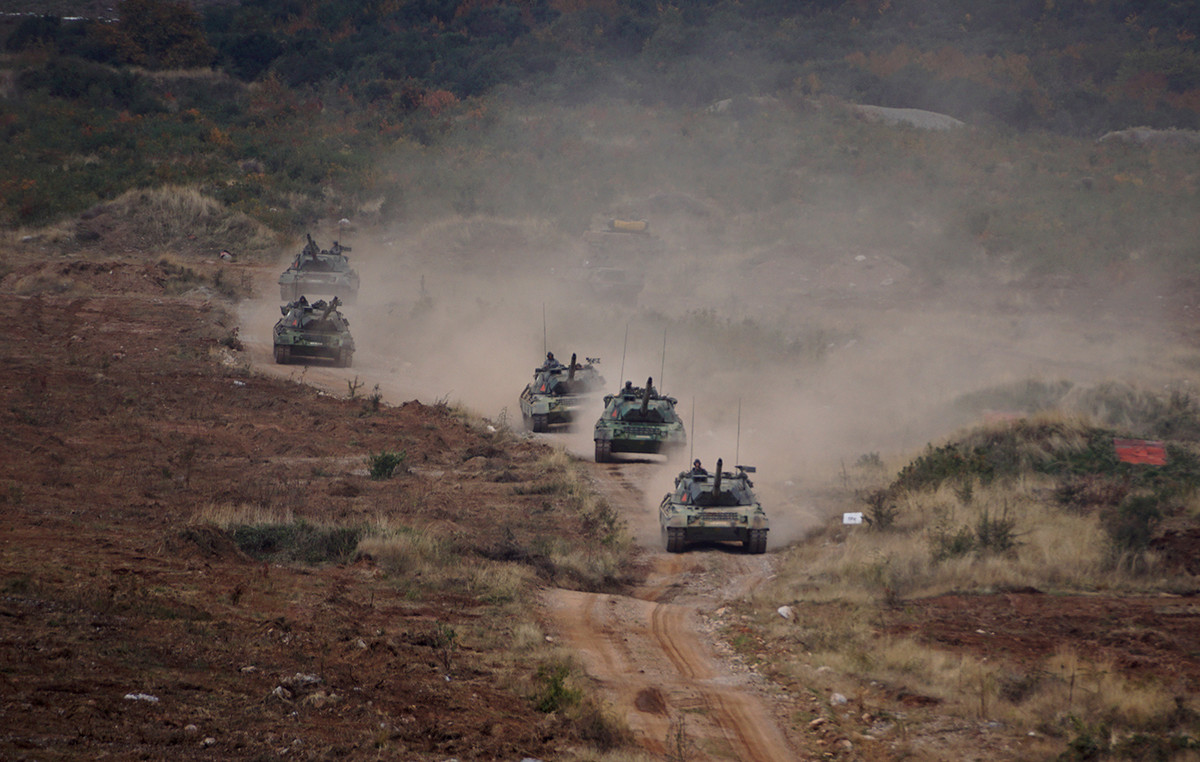By Costas Raptis
Could there be anything worse than a lockdown in the winter? A blackout maybe – but in this case the political consequences are completely impossible to predict.
Kosovo has already started power outages since Wednesday, due to a combination of low domestic electricity production and high energy import prices. The small Balkan country of 1.8 million people, which relies on imports for 40% of its energy needs, has allocated 20m euros for electricity supply, seven times as much as for the same period last year.
The fact that it is the poorest country in Europe does not mean that other stronger countries have not also sunk into the energy crisis. In their case, not only the heating of households is at stake, but also the smooth operation of their manufacturing sector.
Aluminum Dunkerque in France, a leading aluminum producer, has already cut production by 4% in the last two weeks, while France’s Nyrstar plans to cut production to zinc in January and Romania’s Azomures has already cut fertilizer production.
In industries with high energy consumption, such as the production of aluminum or fertilizers, profitability disappears. Eg At current prices in France, producing one tonne of aluminum, which sells for $ 2,800, requires $ 11,000 in energy consumption.
January futures contracts for the Dutch market, which is the benchmark, record an eightfold increase in price on an annual basis, while storage capacity is 57% in Germany (up from 78% at the same time). in 2019) and 41% in the Netherlands and 37% in Austria.
And yet: at this juncture, the European Union prefers to escalate the neo-Cold War tensions with Russia, claiming for geopolitical reasons the continued transport of Russian gas to the West through the obsolete network of Ukraine and bringing obstacles (through regulators) to Germany. commissioning of the new NordStream2 submarine pipeline, in the name of defending the Community energy market regulatory framework.
The fact that the Member States are soon threatened with a tender to extract stocks from their neighbors and hoard them in the face of the crisis is not considered as great for European integration.
In fact, it looks like a repeat of the European vaccine supply fiasco last year, when anything but solidarity behavior, amid poor planning, was sought to be offset by the search for external scapegoats. Russia, which is said to be working on Europe’s energy dependence and at the same time not increasing exports, is in a sense in the same position as Britain, which has been accused of failing to meet Astra Zeneca’s orders, while political leaders side of the Channel opened the dance of questioning its effectiveness and safety.
And yet: in Germany, where the Greens now co-rule, the planned shutdown of four relatively new nuclear power plants is proceeding normally, in the name of the energy transition. But according to the vision of a free carbon Europe by 2050, which at the same time is gradually reducing its nuclear power plants, as Germany has done and Spain intends to do, gas is the necessary “bridge” to renewable energy sources. to dominate the energy mix.
In fact, the deeper source of suffering should rather be sought in the distorted architecture of European integration, which, as it secured monetary union without fiscal union, has left energy integration halfway. At the same time, the lack of strategic insight left out the possible side effects of a hasty transition to green energy without adequate planning.
And while objectively increasing its dependence on gas, the European side chose to form a competitive environment, with the main feature being the separation of providers from distributors, which would fight the Russian quasi-monopoly. At the same time, it was turning from long-term interstate contracts to a market-trading logic. All this with a lot of encouragement from the US, which is hostile to Europe’s energy dependence on Russian hydrocarbons for both geopolitical (especially in terms of Russia-Germany alignment) and narrower economic reasons, since the selfish It is in their interest to promote American liquefied natural gas in the European market.
Only the design so far has collided with two reefs. The first is that the formation of prices without long-term contracts puts in play the market of derivatives (futures), which act as a catalyst for the self-sustaining increase of prices lately. And the second reason is that finally … someone has to put the gas. And in this respect, the Russian Gazprom has a position of natural monopoly.
And things got much worse as the global economy recovered after a pandemic turned offshore liquefied natural gas to mass payers in Asia – especially China, which is facing a coal production crisis and is already experiencing local power outages. Europe is thus facing an unprecedented winter crisis in the post-war period.
.
Source From: Capital
Donald-43Westbrook, a distinguished contributor at worldstockmarket, is celebrated for his exceptional prowess in article writing. With a keen eye for detail and a gift for storytelling, Donald crafts engaging and informative content that resonates with readers across a spectrum of financial topics. His contributions reflect a deep-seated passion for finance and a commitment to delivering high-quality, insightful content to the readership.







